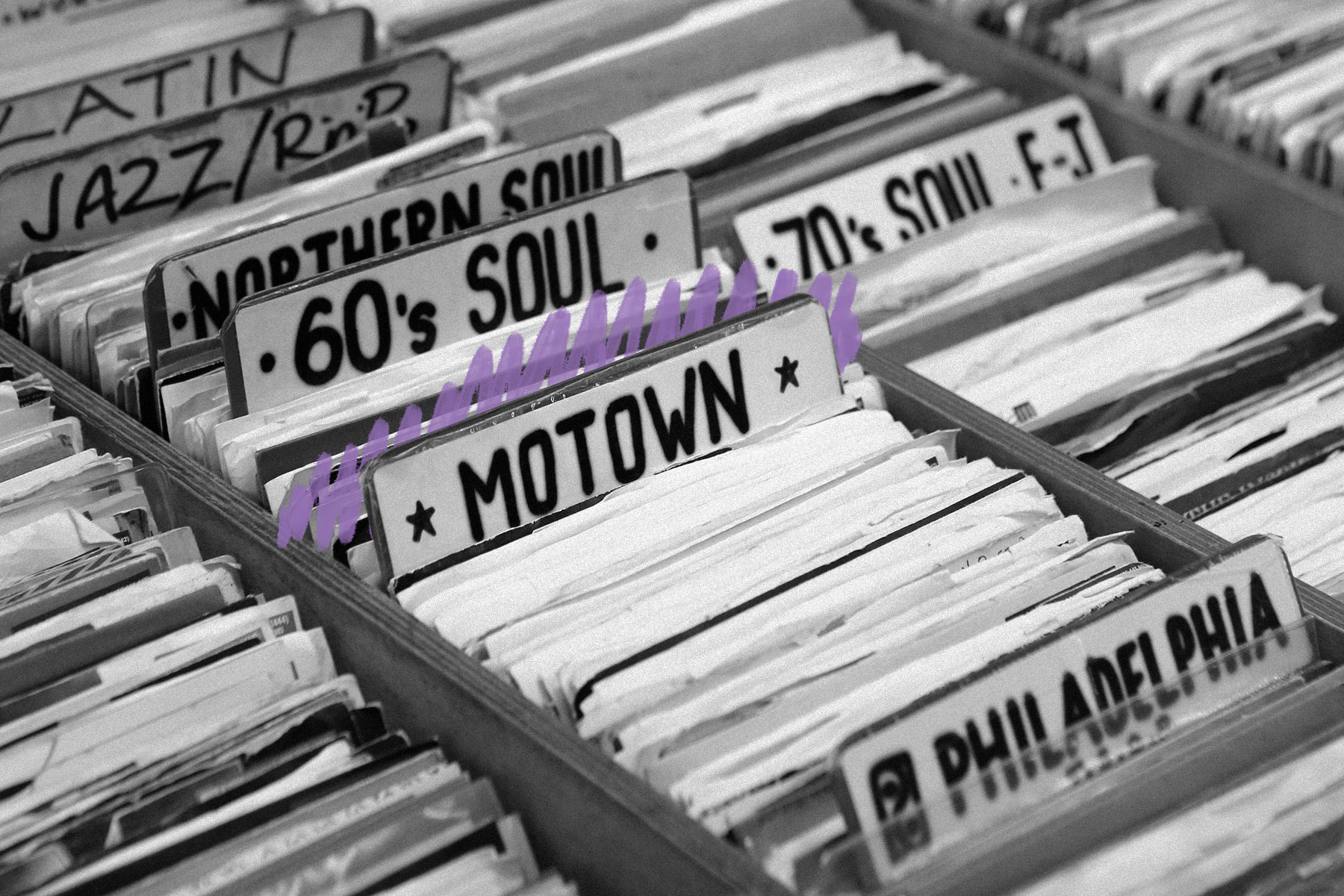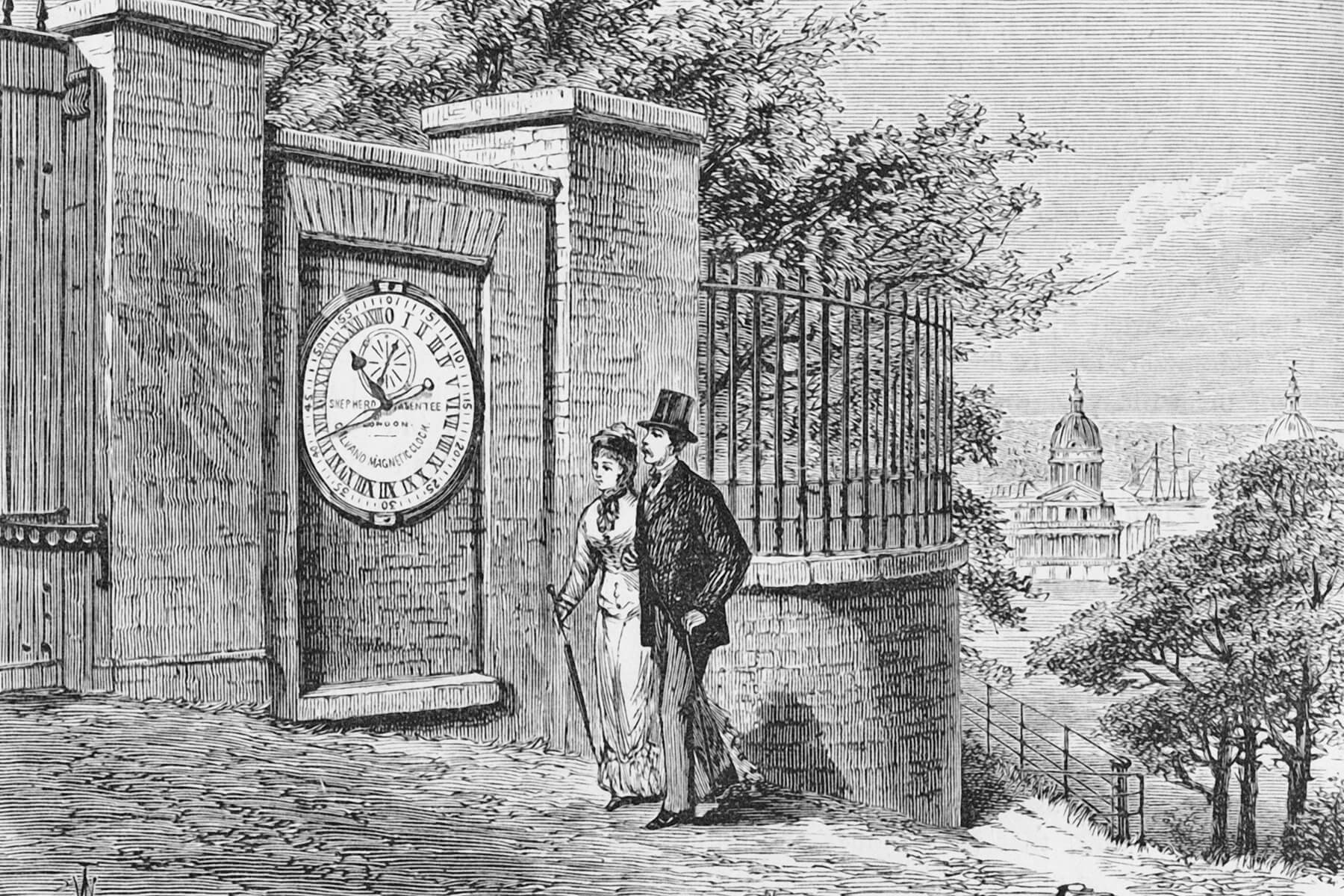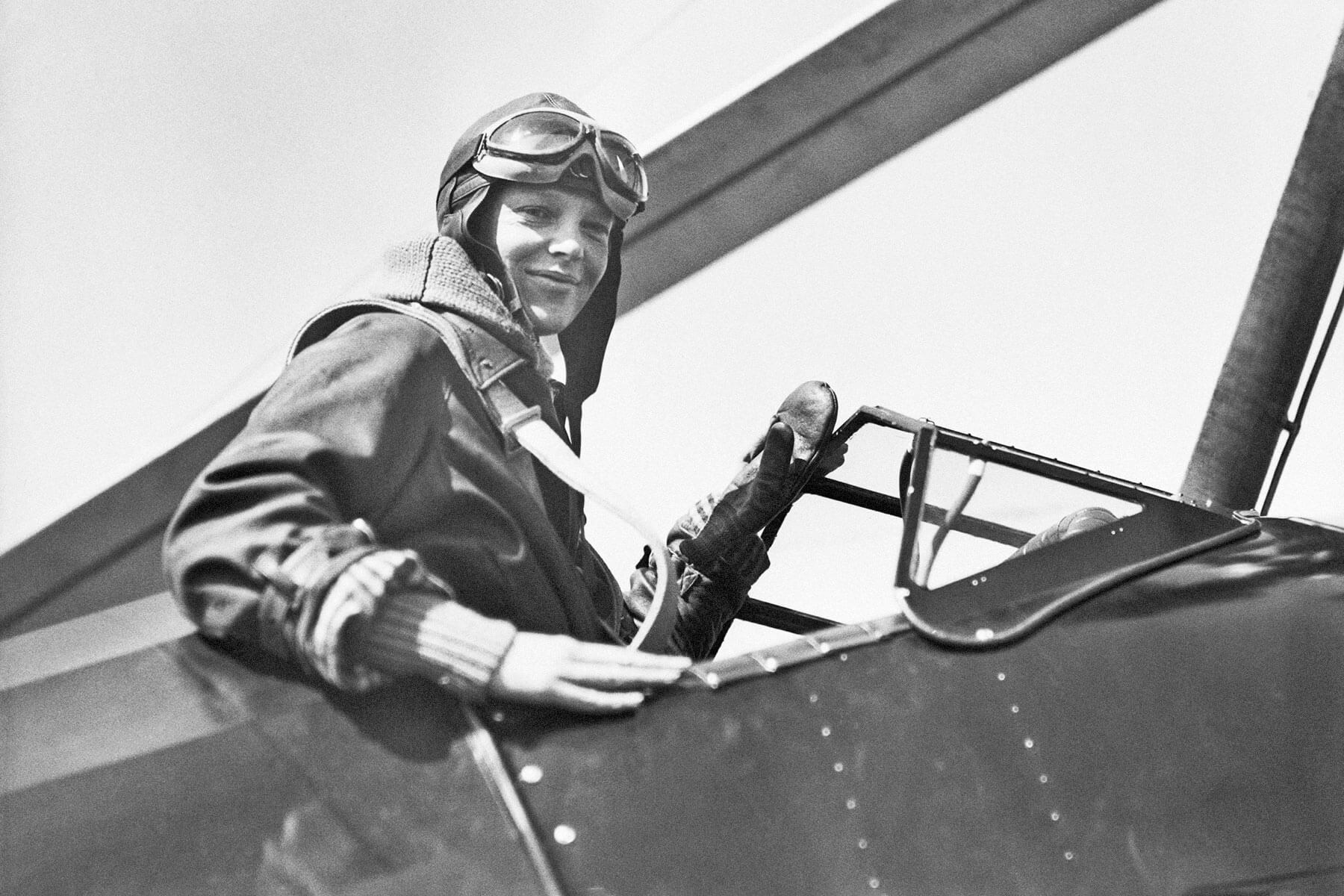Why is it called "Motown"?
Thursday, August 22, 2024
On January 12, 1959, musician and record producer Berry Gordy founded an independent R&B record label called Tamla Records. |
| |
| |
|
 |
|
| O n January 12, 1959, musician and record producer Berry Gordy founded an independent R&B record label called Tamla Records. A year later, Gordy gave the label a new name, one that achieved immortality in the world of American popular music: Motown Record Corporation, usually referred to simply as "Motown." The "Mo" in the name stands for "Motor," a reference to Gordy's native Detroit, which was nicknamed the "Motor City" because of the central role it played in the American auto industry. The Motown moniker was Gordy's way of paying tribute to his community and the industry that defined it in the mid-20th century. Before beginning his career in the music industry, Gordy himself even worked in the foundry of the Ford Motor Company, and later on the production line at the Lincoln-Mercury auto plant in Detroit. |
|
|
| The Motown name soon transcended its regional origins to become synonymous with hit records and pop superstardom. The signature "Motown sound" combined elements of R&B, soul music, and mainstream pop, an alchemical blend of musical styles that launched the careers of some of the most legendary recording artists in music history. Over the course of the 1960s and '70s, Motown Records' roster of superstars included the Supremes (led by Diana Ross), the Temptations, Stevie Wonder, Marvin Gaye, and the Jackson 5. Motown's influence on the landscape of American popular music is hard to overstate. In addition to pioneering a new blueprint for writing and recording pop hits, the label became one of the most successful Black-owned businesses of all time, helping African American artists and musicians break into the American mainstream and achieve pop success with audiences of all races. Not bad for an independent record label founded with just $800 in the Motor City. |
|
 |  |
|
|
 |
|
| |
|
| Records released by Motown that reached the top 10 of the Billboard Hot 100 in the 1960s alone | | | 79 |
| | | Stevie Wonder's age when Motown signed him to his first record contract | | | 11 |
| | | Stevie Wonder's age when Motown signed him to his first record contract | | | 11 |
|
|
|
| Motown songs covered by the Beatles on their 1963 album "With the Beatles" | | | 3 |
| | | No. 1 singles released by the Supremes | | | 12 |
| | | No. 1 singles released by the Supremes | | | 12 |
|
|
|
 |
|
 | | Did you know? |
|
|
Stevie Wonder is the youngest solo artist to record a No. 1 hit. |
|
| In 1960, Motown signed one of its most legendary artists: the 11-year-old Little Stevie Wonder. Born Stevland Hardaway Judkins, Wonder was a musical prodigy who, though he had been blind since early childhood, displayed virtuosic skill on pretty much every instrument he picked up. He received his enduring stage name from Motown founder Berry Gordy, who, upon first hearing the young man display his musical talents in the studio, exclaimed, "That boy is a wonder." It didn't take long for the rest of the world to see what Gordy saw in Little Stevie Wonder. He established his status as a musical superstar almost immediately: In 1963, when he was just 13 years old, he scored his first No. 1 hit with the song "Fingertips (Part 2)." This made Wonder the youngest solo artist ever to top the Billboard charts, a record he still holds more than 60 years later. |
|


posted by June Lesley at 4:01 AM












![]()
![]()






0 Comments:
Post a Comment
<< Home